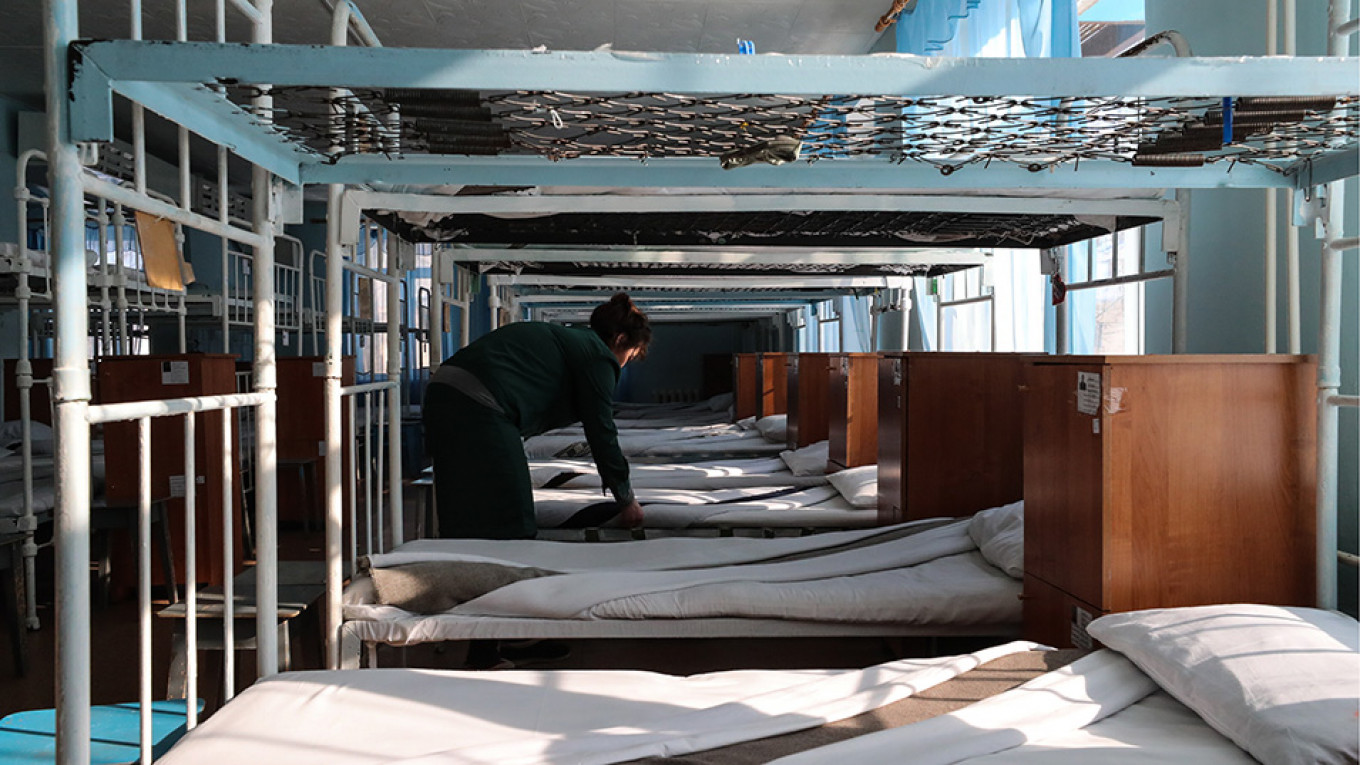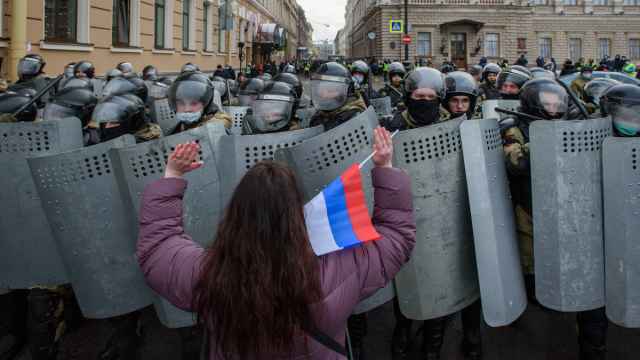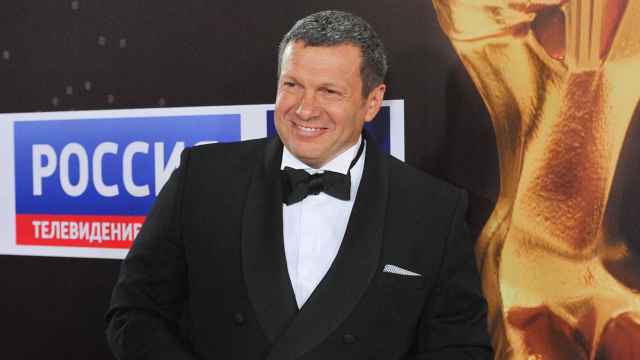It must come as no surprise that Russian politics are often described as Byzantine. Unlike transparent democratic systems with functioning institutions, here the observer is often obliged to make guesses and is never fully aware of what is going on. Even having a source in the Kremlin will not give you the full picture, since for every such source there will be another source who will tell you the polar opposite.
Many experts are involved in exactly the same guessing game, and can only pretend that they know any more than ordinary mortals.
Let’s take the discussion on restoring the death penalty in Russia, which suddenly sprang up after the barbaric recent murder of a child in the southern Russian city Saratov. If we consider the issue from the perspective of textbook political science, then a great many questions arise:
1. Is it important that this proposal was made by United Russia lawmaker Yevgeny Primakov Jr., grandson of the late prime minister? And was he acting independently or through agreement with the presidential administration?
2.Why, if this is an individual initiative, did the State Duma hold surveys on the possible restoration of the death penalty on its social media accounts? The results, of course, were predictable, since it’s no secret that the majority of Russians have long been in favor of capital punishment, and it was the Kremlin that abolished it.
3. Why did the Kremlin-friendly A Just Russia political party announce that it would introduce a bill on the partial withdrawal of the moratorium on the death penalty, even though it is currently basically impossible? Its abolition would mean Russia’s exclusion from the Council of Europe, which the Kremlin was not prepared to accept even at the height of hostilities in the Donbass in 2014.
4. Or is this an attempt to snuff out local unrest in Saratov, where enraged mobs wanted to lynch the killer? But is this not too excessive for such a provincial affair?
It would be easy to get lost in all this, because there are too many hypothetical scenarios, and they do not fit into a single logical pattern. It is precisely for this reason that we need to look at the media context. There is an immutable rule of Russian federal, Kremlin and pro-Kremlin media: if they suddenly start to focus on a particular topic in unison, then this is not occurring naturally, but at somebody’s bidding.
If you look at the agenda of the biggest state publications over the last two weeks (you can even analyze their content), you will see that this is not limited to the well-publicized murder of a child in Saratov. There has been a sudden increase in the proportion of crime stories and reports from the Russian provinces. A bestial murder here, a triple rape there, an inhuman robbery, a pensioner cleaned out: fraudsters, thieves and maniacs have filled the newsfeeds.
Why this all of a sudden, you ask. Well, how about this for a hypothesis? Two weeks ago, on Oct. 3, Russian President Vladimir Putin publically berated journalists for their excessive fixation on negative coverage of Ukraine. “For some reason they’ve gone a bit wild,” he said, thereby confirming Russia’s commitment to the controversial “Steinmeier formula,” the latest roadmap on ending the conflict in eastern Ukraine.
I would suggest that this sudden mass switch to depressing regional noir represents an emergency move by those who control the media agenda in Russia (and the topic of Ukraine is in many respects exhausted and people are tired of it). The current state propaganda machine, it appears, needs a constant source of alarm and negative frustration. Before the enemy was in the state next door, now the enemy is in the garage next door.
In this context, the discussions about the death penalty appear to be mere speculation and media noise to maintain a level of hate and aggravation in society.
As for what consequences this stoking of tensions will have, that’s another question. For example, will it not see confidence in the Russian police fall to an even lower level than it already is? I hope the media analysts in the Kremlin have taken this into account.
A Message from The Moscow Times:
Dear readers,
We are facing unprecedented challenges. Russia's Prosecutor General's Office has designated The Moscow Times as an "undesirable" organization, criminalizing our work and putting our staff at risk of prosecution. This follows our earlier unjust labeling as a "foreign agent."
These actions are direct attempts to silence independent journalism in Russia. The authorities claim our work "discredits the decisions of the Russian leadership." We see things differently: we strive to provide accurate, unbiased reporting on Russia.
We, the journalists of The Moscow Times, refuse to be silenced. But to continue our work, we need your help.
Your support, no matter how small, makes a world of difference. If you can, please support us monthly starting from just $2. It's quick to set up, and every contribution makes a significant impact.
By supporting The Moscow Times, you're defending open, independent journalism in the face of repression. Thank you for standing with us.
Remind me later.








